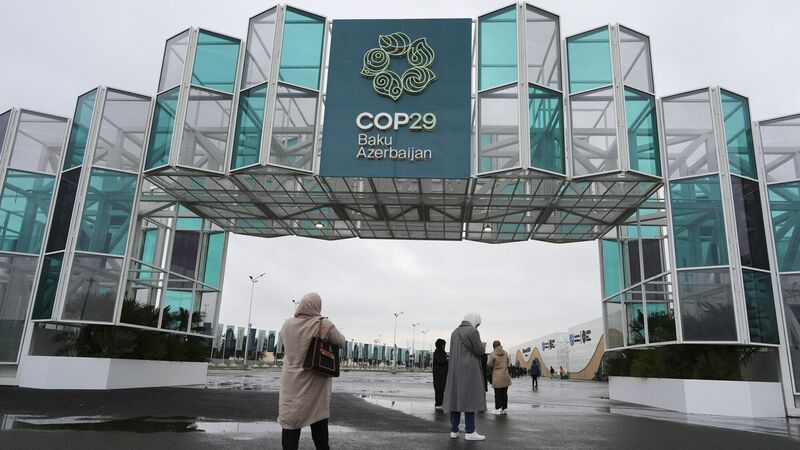Cop29: Key questions about the UN climate conference

People enter the venue ahead of the COP29 U.N. Climate Summit, Saturday, Nov. 9, 2024, in Baku, Azerbaijan. (AP Photo/Peter Dejong)
As Cop29 gets under way in Azerbaijan, here are answers to some of the key questions about the climate conference.
CLIMATE & SUSTAINABILITY HUB













